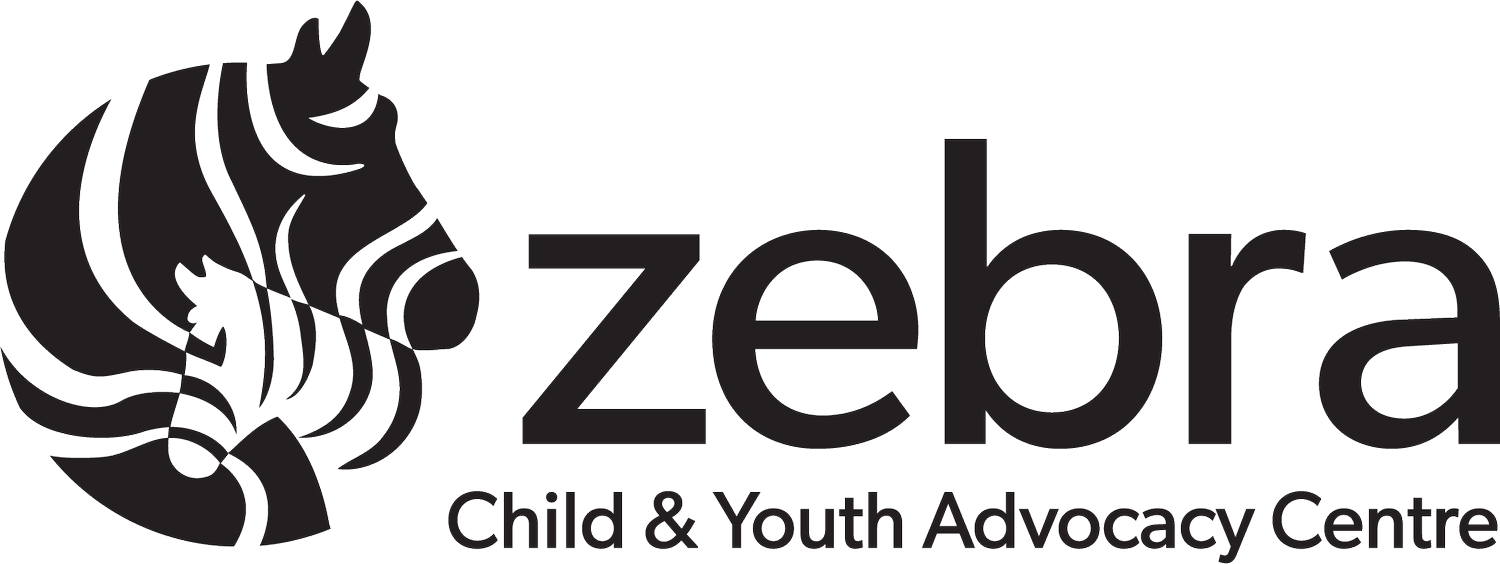Receiving a Disclosure of Abuse: How to Respond
Receiving a Disclosure of Abuse:
How to Respond when a Child shares their story with you
The Zebra Centre's Becci Watson, Director of Justice Partnerships & Supports, shares tips on how to respond to a disclosure of child abuse, and the important role you play in making sure that child feels heard and believed.
What is disclosure?
Simply put, a disclosure is any time a child tells someone, usually a trusted adult, about their experience. A disclosure will take place in the child’s own words, and in their own time.
When do children typically disclose?
There is no right or wrong time to disclose abuse, and every child is different. That being said, research shows that many children will hold on to their experience for a long time, typically disclosing three years after the original incident took place.
Who did children typically disclose to?
A child will disclose to anyone they feel they can trust, typically an adult. This person could be a parent, guardian, teacher, or a close family member. When they are ready to disclose, the child will be feeling open, ready, and trusting of this person.
How should I respond?
First and foremost, listen ! Don’t ask questions and let the child use their own words and their own voice.
Control your own reaction. If you become upset or angry, the child may feel responsible for those emotions, and be less likely to tell their story again.
Never communicate blame. It is never the person who is being hurt’s fault. This is true for both children and teens—they are never to blame for what has happened to them.
Communicate praise. Praise and thank the child for coming forward and telling you. Tell them you are proud of them for sharing their story.
Minimize exposure. If the child has chosen to disclose in front of others, make sure to protect the child and any others there. Make sure the child can tell their story comfortably and privately.
Display an appropriate amount of physical affection—remember that someone has already crossed this child’s physical boundaries. Do what comes naturally but be cognizant of your role in the situation.
Avoid making promises. Do not promise that you won’t tell anyone—by law, all adults must report suspected or confirmed child abuse. Do not promise the accused will “pay for this” or that they will go to jail. Unfortunately, that is outside of our control.
What does the response sound like?
A response may be:
“Thank you for telling me. That must’ve been hard. I want you to know that I believe you and that this is not your fault.”
Most Importantly…
It is critical to remember that if a child has disclosed to you, you are legally obligated to report. As trusted adults, it is our responsibility to protect the children in our lives.
Resources to Report Abuse
Edmonton Police Service: 780-423-4567
RCMP (Royal Canadian Mounted Police): Your local detachment
Child Abuse Hotline: 1-800-387-5437
Crime Stoppers: 1-800-222-8477
Online exploitation tip line: cybertip.ca
